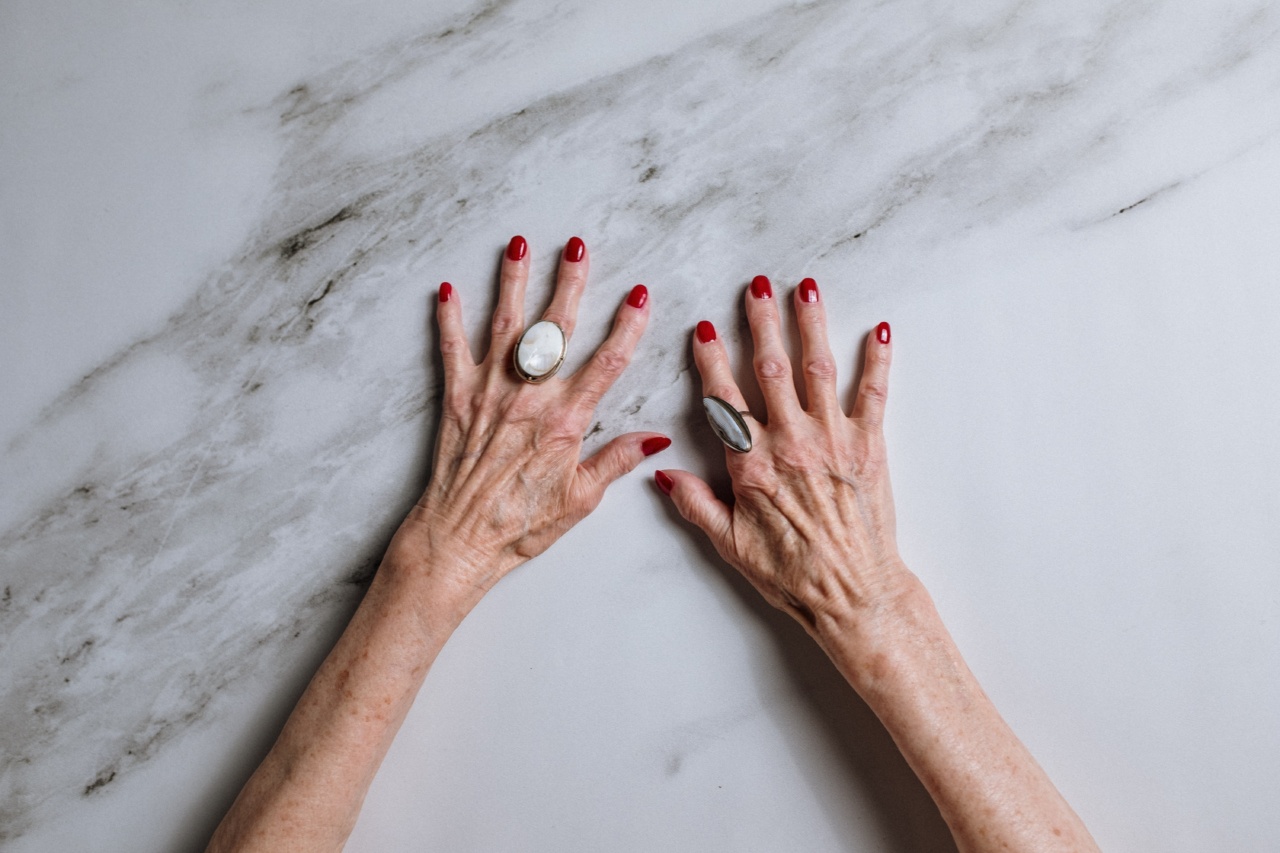As we age, our skin naturally undergoes various changes, such as the loss of elasticity and the appearance of fine lines and wrinkles. However, certain habits can accelerate this aging process, leaving you with prematurely aged skin.
By identifying and avoiding these habits, you can help maintain the health and youthfulness of your skin.
Sun Exposure Without Protection
Excessive sun exposure is one of the primary causes of premature aging. The sun’s harmful UV rays damage collagen and elastin fibers in the skin, leading to sagging, wrinkles, and age spots.
To protect your skin from sun damage, always use sunscreen with a high SPF, wear protective clothing, and avoid sun exposure during peak hours.
Smoking
Smoking is not only harmful to your overall health but also plays a significant role in accelerating skin aging.
Cigarette smoke contains numerous toxins that reduce blood flow to the skin and break down collagen and elastin, resulting in dry, wrinkled, and dull-looking skin. Quitting smoking is one of the best actions you can take to slow down the aging process and improve your skin’s health.
Poor Diet and Nutrition
What you eat directly impacts the health and appearance of your skin. A diet high in sugar, processed foods, and unhealthy fats can lead to inflammation, glycation, and oxidative stress, all of which contribute to premature aging.
Incorporating a balanced diet rich in fruits, vegetables, whole grains, and lean proteins can provide essential nutrients for healthy and youthful-looking skin.
Not Getting Enough Sleep
A lack of quality sleep not only leaves you feeling tired but can also take a toll on your skin. During sleep, your body repairs and regenerates damaged skin cells.
Chronic sleep deprivation can disrupt this process, leading to a dull complexion, dark circles, and fine lines. Aim for 7-9 hours of quality sleep every night to support your skin’s rejuvenation.
Stress and Its Effects
High levels of stress can wreak havoc on your skin. Chronic stress triggers the release of cortisol, a hormone that breaks down collagen and elastin, causing loss of firmness and elasticity.
Stress also disrupts the skin’s natural barrier function, making it more susceptible to damage. Engaging in stress-reducing activities like meditation, exercise, and self-care can help prevent premature skin aging.
Lack of Hydration
Proper hydration is vital for maintaining healthy and youthful skin. When your body is dehydrated, your skin becomes dry, flaky, and prone to wrinkles.
Drinking an adequate amount of water each day helps flush out toxins, keeps your skin hydrated, and promotes a plump and radiant complexion. Aim for at least 8 glasses of water per day, and increase your intake during hot weather or intense physical activity.
Skipping Skincare Routine
Neglecting a proper skincare routine can contribute to premature skin aging. Regular cleansing, moisturizing, and exfoliating help remove impurities, hydrate the skin, and promote cell turnover.
Additionally, the consistent use of skincare products containing antioxidants, such as vitamin C and retinol, can help protect and repair the skin from oxidative damage caused by free radicals.
Overexfoliating
While exfoliation is crucial for removing dead skin cells and revealing fresh, radiant skin, overexfoliating can do more harm than good.
Excessive exfoliation can strip away the skin’s natural oils and disrupt its protective barrier, leading to irritation, redness, and increased sensitivity. Limit exfoliation to 1-2 times per week, depending on your skin type, and use gentle exfoliants to avoid overdoing it.
Using Harsh and Drying Skincare Products
Certain skincare products, such as those containing alcohol, fragrances, and harsh chemicals, can dry out the skin and promote premature aging. Opt for products that are gentle, non-comedogenic, and formulated for your skin type.
Look for ingredients like hyaluronic acid, ceramides, and antioxidants, which help hydrate, nourish, and protect the skin.
Not Protecting Your Skin During Winter
Cold, dry winter air can be particularly harsh on the skin, causing it to become dry, flaky, and irritated. Failing to protect your skin during winter can accelerate the aging process.
To keep your skin supple and healthy, apply a moisturizer with a rich texture, wear protective clothing, and use a humidifier to add moisture to the indoor air.































